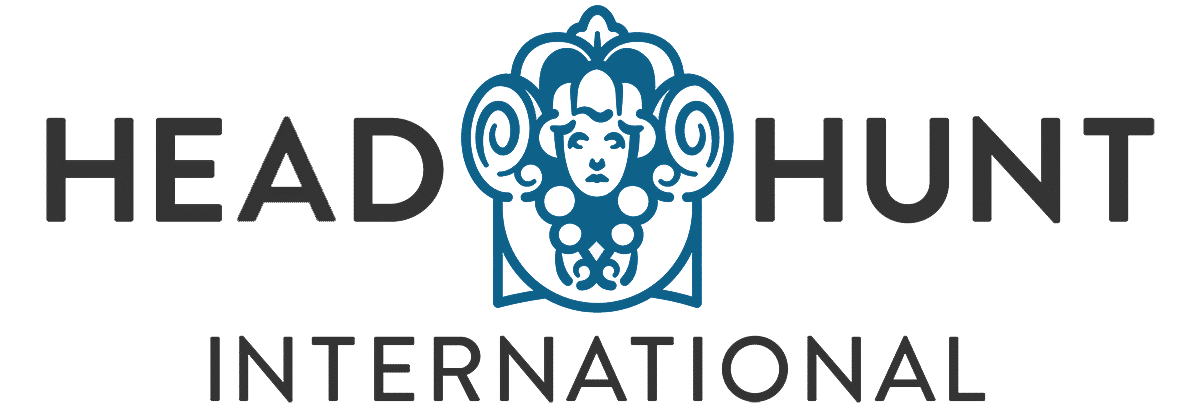A Guide for New Graduates and Career Changers
Entering the Irish healthcare job market can be both an exciting and challenging experience, particularly for new graduates and those transitioning from other careers. However, with the right strategies, you can successfully navigate this competitive landscape and secure a position that aligns with your professional ambitions. Below are key tips to help you on your journey.
1. Gain a Comprehensive Understanding of the Healthcare Landscape
Before beginning your job search, it’s essential to familiarize yourself with the structure of the Irish healthcare system, including its key organizations, funding mechanisms, and current challenges. Understanding the roles of major bodies such as the Health Service Executive (HSE), along with private healthcare providers, will enable you to identify how your skills and expertise can contribute most effectively.
2. Tailor Your CV and Cover Letter for Maximum Impact
Your CV and cover letter serve as your introduction to potential employers, so it’s crucial that these documents reflect both your qualifications and the specific requirements of the roles you are pursuing.
- Key Points to Highlight: Focus on relevant experiences such as clinical rotations, internships, volunteer work, and specialized training. Use action-oriented language to clearly articulate your achievements.
- Personalize for Each Role: Customize your cover letter for each application, ensuring it speaks to the specific needs, mission, and values of the organization you’re applying to.
3. Leverage Networking Opportunities
Networking is a vital component of job searching in healthcare. Building strong professional relationships can uncover job opportunities that may not be widely advertised.
- Join Professional Associations: Consider becoming a member of associations such as the Irish Medical Organisation (IMO) or other relevant medical societies. Attend conferences, workshops, and networking events to connect with professionals in your field.
- Utilize Online Platforms: LinkedIn can be an effective tool for connecting with healthcare professionals, alumni, and mentors. Regularly engage with industry discussions, share your insights, and interact with posts to build visibility.
4. Prepare Thoroughly for Interviews
Preparation is essential to making a strong impression during interviews. Demonstrating knowledge of the organization and the specific role will set you apart.
- Practice Common Interview Questions: Be ready to discuss your clinical experience, your approach to patient care, and how you handle complex or challenging situations. Use the STAR method (Situation, Task, Action, Result) to structure your responses effectively.
- Emphasize Soft Skills: Healthcare employers highly value qualities such as teamwork, communication, and empathy. Be prepared to offer concrete examples of how you’ve demonstrated these attributes in previous roles.
5. Stay Informed on Current Healthcare Issues
Having an awareness of current trends and challenges within Irish healthcare can give you a competitive edge during interviews and professional discussions.
- Understand Key Healthcare Reforms: Be familiar with initiatives such as Sláintecare and their impact on healthcare delivery.
- Stay Updated on Public Health Challenges: Demonstrating knowledge of pressing issues such as mental health, chronic disease management, and healthcare access will signal your commitment to improving patient outcomes.
6. Remain Open to a Range of Opportunities
The healthcare job market can be competitive, so it’s important to remain open to roles that may not initially align with your long-term goals.
- Explore Diverse Roles: Consider positions in areas such as primary care, community health, or research to broaden your experience and skill set.
- Look Into Temporary Positions: Short-term contracts or locum tenens roles can provide valuable experience, enhance your professional network, and bridge the gap while you search for a permanent role.
7. Commit to Continuous Professional Development
To enhance your employability and career prospects, make lifelong learning a priority.
- Pursue Additional Certifications: Look for training programs, workshops, and certifications that are aligned with your career trajectory and the evolving needs of the healthcare industry.
- Stay Informed on Advances: Keep up with the latest medical research, new technologies, and updated treatment protocols to ensure you remain at the forefront of your field.
Conclusion
Successfully navigating the Irish healthcare job market, whether as a new graduate or someone making a career change, requires strategic planning, persistence, and a commitment to professional growth. By understanding the healthcare landscape, tailoring your application materials, leveraging networking opportunities, and being open to diverse roles, you can position yourself for a fulfilling and rewarding career. Each step you take brings you closer to finding a role that aligns with both your passions and professional goals.
Best of luck as you embark on this exciting journey!




